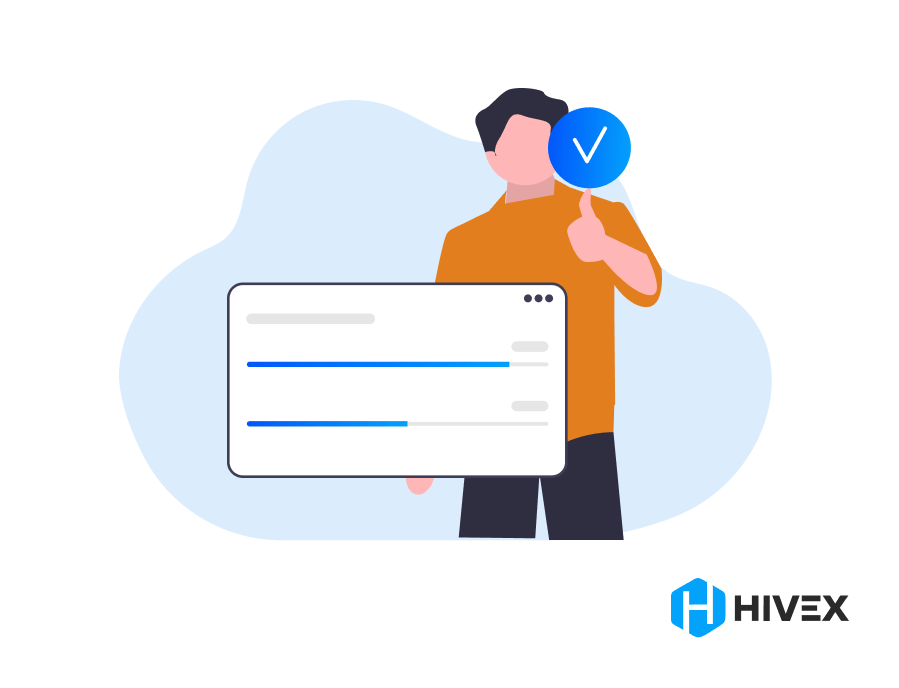Pre-Onboarding and First Day Essentials for Software Developers
Glassdoor studies reveal that organizations with strong onboarding improve new hire retention by 82% and boost productivity by over 70%.
Hiring remote developers opens up a world of talent, but it also means taking extra care with onboarding to ensure they feel welcomed and supported from day one.
From my experience, onboarding remote software engineers requires a strategic plan that facilitates engagement and productivity despite not being face-to-face.
Establishing clear expectations, providing the right tools and resources, and fostering human connections should be top priorities when bringing new remote developers on board.
Taking the time to craft a comprehensive pre-onboarding and first-day checklist signals your commitment to setting them up for success.
What essential steps should be on your onboarding roadmap?
Let's find out.

Pre-Onboarding Phase
Crafting a strategic pre-onboarding plan is the critical first step in setting up remote software engineers for success.
It establishes clear expectations, equips new hires with essential resources, and nurtures their connection to the company culture right from the start.
Pre-Onboarding Checklist:
- Send a warm welcome message before their first day, outlining the onboarding process
- Share details on the working environment to help developers visualize their virtual workspace
- Provide any necessary documentation to complete before their start date
- Introduce core company values, mission statements, and cultural priorities to foster alignment
- Specify required training, certifications, or preliminary work to be completed beforehand
- Assign a dedicated point of contact to field any pre-onboarding questions and concerns
Set Up the Technical Environment:
- Provide comprehensive instructions for configuring their home office setup
- Include an overview of required software, hardware, security protocols, and IT support
- Grant access to a digital employee handbook, technical documentation, and other key resources
- For new or junior programmers, provide extra support to get their development environment up and running
Investing time in pre-onboarding makes a world of difference. Imparting essential information and supporting new hires with clear logistics and resources will ensure a seamless start for remote developers from day one.

First Day
The first day sets the tone for a remote developer's entire onboarding experience and beyond.
Follow this comprehensive checklist to ensure new hires feel welcomed, informed, and set up for success right from the start.
First Day Checklist:
- Extend a warm welcome and introduce them to the full team
- Share the company's mission, vision, core values, and recent achievements
- Clearly outline their role, key responsibilities, goals, and performance expectations
- Grant access to all required tools, software, documentation, and tech resources
- Assign a knowledgeable mentor or buddy to support them through onboarding
- Schedule regular 1:1s to address questions, provide guidance, and get feedback
Establish Personal Connection:
- Initiate a video call to create rapport, helping new hires feel engaged
- Introduce their dedicated mentor, often a senior developer, as their go-to support
- Walk through technical documentation together so they understand work processes
- Reinforce company culture by sharing key values, mission, vision, and team dynamics
The New Hire Roll-Out:
- Carve out time for new developers to connect 1-on-1 with each team member
- Share insights into everyone's expertise and roles to facilitate future collaboration
- Give an overview of success stories or milestones to motivate their contributions
Setting Up for Success:
- Contextualize their role within real project examples and company workflows
- Provide in-depth walkthroughs of all the necessary tools and applications
- Encourage questions and open communication with their assigned mentor
The first day is all about making new hires feel welcomed, equipped, and ready to thrive as seamless members of the remote team.
These steps establish a strong foundation for developers to ramp up quickly.
Onboarding developers is an investment.
From day one, it promotes engagement and minimizes disruptions. So take the time to get it right - both your new hires and your business will reap the benefits.
